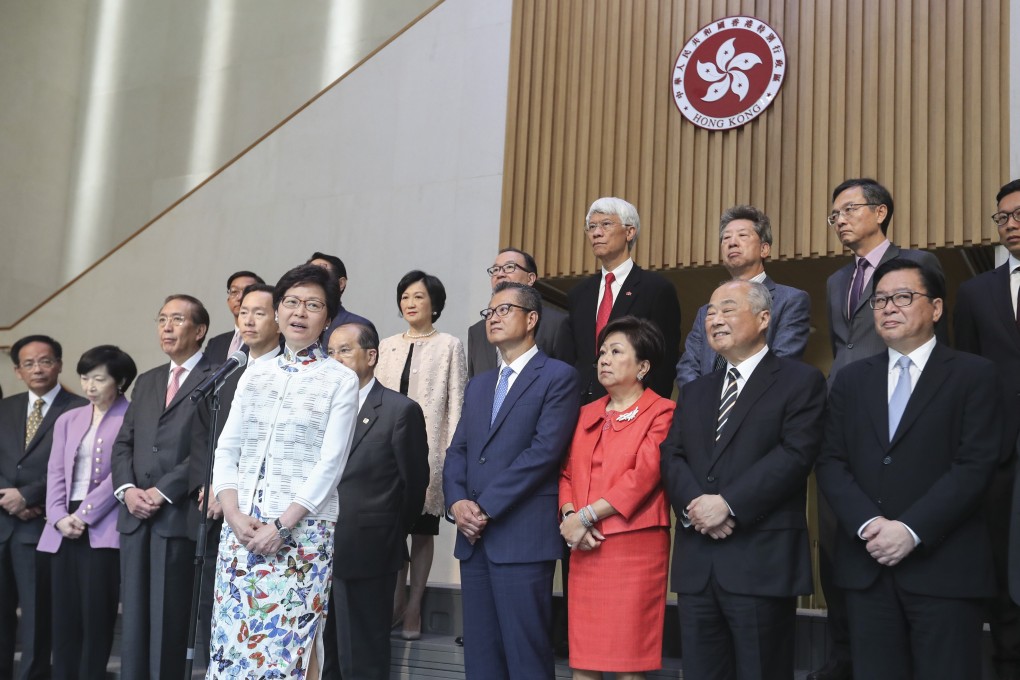Letters | The road to a bright future for Hong Kong beyond 2047 lies in the past
- After the partial introduction of representative democracy in the last years of British rule, the significance of the executive-led system began to wane and society became increasingly divided. That pragmatic model should be restored

“There is no one brand of politics, or one line of policies, which is right for all places at all stages of development,” argued governor David Trench in 1969, in defending the lack of democracy in the former British colony after the 1967 riots.
Unfortunately, his well-thought-out advice is not being taken today by those Hongkongers who see Western liberal democracy as the only legitimate form of government. To me, every country is unique. Universal values are nothing but nonsense as far as good governance is concerned.
Unless we start contemplating the right ideology for governing Hong Kong, I reckon 2021 will just be another year of social stagnation and chaos.
Of course, no one in Hong Kong has ever been fond of authoritarianism, and a good balance needs to be struck. In my view, the answer lies in our once proud executive-led system.